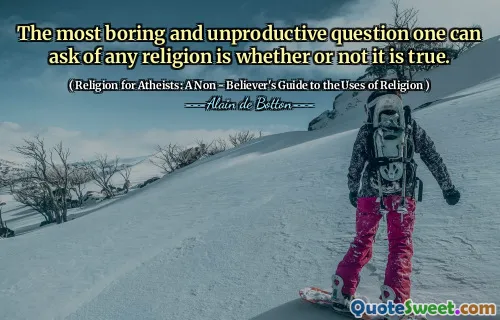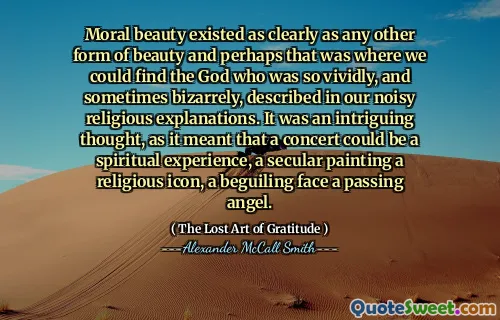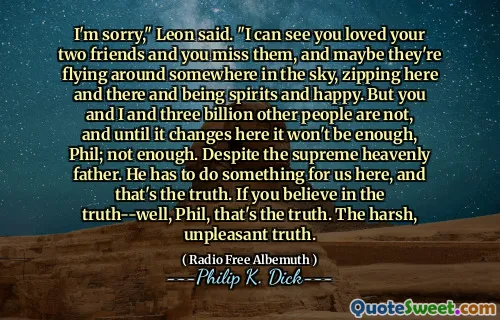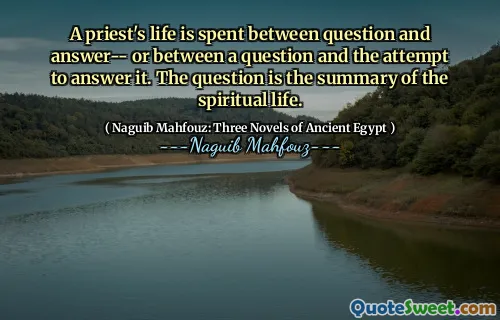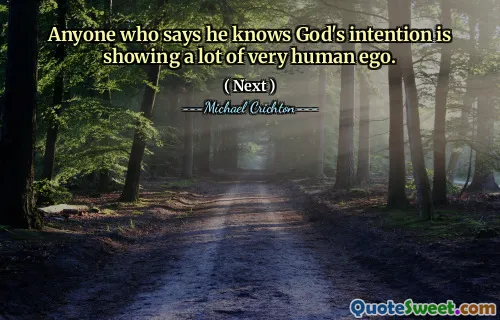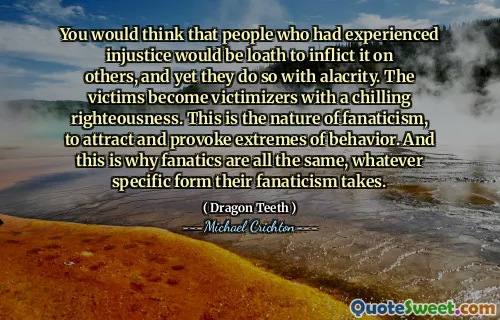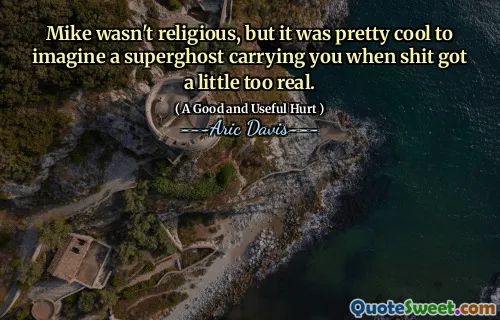
The most boring and unproductive question one can ask of any religion is whether or not it is true.
This quote, from Alain de Botton's Religion for Atheists: A Non-Believer's Guide to the Uses of Religion, challenges a common preoccupation in discussions surrounding religion—the insistence on evaluating religions solely on their literal truth claims. It invites a fresh perspective, encouraging us to move beyond the binary question of "true or false" and instead consider the practical and existential roles religions play in human life.
Religions have historically been repositories of culture, art, ethics, community building, and means of making sense of human experiences like suffering, mortality, and joy. By narrowing our inquiry to the question of factual truth, we risk missing these important dimensions. The quote suggests that focusing primarily on doctrinal veracity is dull because it fails to capture religion’s multifaceted contributions that impact individuals and societies regardless of metaphysical truth.
Moreover, the unproductive nature of the question arises because truth claims in religion are often not empirically verifiable or falsifiable in a straightforward way; they belong in domains of faith, spirituality, and subjectivity. Debates centered around literal truth frequently lead to polarized arguments that ignore deeper meanings and insights that religions provide to believers and observers alike.
Ultimately, this quote encourages a shift in our approach: instead of debating if a religion is "true," we might better understand religions by exploring how they nourish communal bonds, provide ethical guidance, foster personal growth, and address existential questions. Such an approach fosters empathy and opens up enriching dialogues beyond mere factual disagreements.
